Why decant a wine? The first thing to know is that it is not always necessary to decant a wine. It all depends on the type of wine we are going to taste. The need to decant and oxygenate a wine will vary depending on factors such as the type or types of grape used in the production of the wine, the maturation time and may even vary between bottles from the same winery and vintage. To shed some light on this issue, it is best to understand why it is necessary to decant and oxygenate certain wines, as well as the effects that these processes have on the final product.
Why is it necessary to decant wine?
There are three main reasons why we might want to decant a wine. And this will depend on the characteristics and personality of the wine in our hands:
1. To separate the wine from any sediment or sediment that the bottle may contain
In most cases, the decanting process is necessary to remove any sediment in the contents of the bottle. These sediments are more frequently found in wines with long maturation times. This is completely normal and under no circumstances should we understand that the wine is in poor condition because it contains sediment or sediment. It is something typical of the oxidation or reduction processes that occur during the fermentation and maturation of some wines. Sometimes they are simply solid particles that precipitate to the bottom of the bottle. Other times, they are crystalline formations that are generated when the sugar molecules contained in the wine come together.
How should we decant the wine to separate the sediment?
First of all, whenever possible, we should place the bottle of wine in an upright position one day before we are going to consume it. Normally, this will be necessary when we are talking about wines with a long maturation time, generally Reservas and Gran Reservas. In this way, any possible sediment will slowly precipitate to the bottom of the bottle thanks to the attractive force of gravity. Once the bottle is opened, slowly pour the wine into the decanter. This process must be done carefully, tilting the decanter slightly and allowing the wine to slide smoothly down its walls. Avoid, as far as possible, moving the bottle excessively, as this will cause the sediments deposited at the bottom of the bottle to enter into suspension. It is important to pay attention to the neck of the bottle during the decanting process, as when we see that the sediment or sediment is approaching, we must stop. To do this, it is sometimes useful to place the bottle in front of a light source, such as a window or a lamp, as this will make it easier to see the sediment. Once the wine is inside the decanter, we can leave it to rest for a few minutes, so that any sediment that may have escaped will precipitate to the bottom of the decanter. The design of the decanter itself, which generally has a wide base with a large surface area, will help the sediment to settle to the bottom.
2. To aerate or oxygenate the wine
Sometimes, especially when we are dealing with a wine of a certain age, a somewhat unpleasant smell may emanate from the bottle when it is opened, as if it were musty or even sulphurous. These aromas are generated during the reduction processes that take place during the time of crianza of the wine. The lack of oxygen during these processes makes them smell closed. In this case, the contact of the wine with the air causes these aromas to be ventilated, thus unmasking the real aromas that the wine contains and which are the ones that really interest us. What is known as the bouquet of the wine. Those aromas that we usually say remind us of other elements that have nothing to do with the wine, such as liquorice, vanilla, wet earth, etc.
In these cases, we must decant the wine with special care, as excessive oxygenation could be counterproductive. The best thing to do is to first pour a little wine into a glass and allow it to aerate for about ten minutes. If we see that the aromas improve, we can proceed to decant the rest of the bottle. The decanter, which provides a larger opening than the mouth of the bottle and a larger contact surface between the wine and the air, will allow the wine to oxygenate in a short time. The oxygenation time will vary depending on the type of wine and how it is affected by the action of oxygen. In cases such as Rioja wines, for example, it is not usually appropriate for them to be in contact with the air for too long.
3. To "open" the wine
In some cases, especially when the wines are young, they may have a slight aromatic intensity. The decanting process, on these occasions, serves to "open up" the wine. Decanting does not need to be done as carefully as in the previous situations, as the contact with the air will favour the development of aromas in the wine that we do not perceive at first. In this case, the process is the same as when we swirl the wine in our glass, making the oxygenation enhance the aromatic virtues of the wine, especially the fruity nuances.
In conclusion, whether or not to decant a wine and how we should decant it will depend on what we want to achieve with the decanting process . And this, in turn, will be determined by the type of wine we are going to taste. In any case, we should be aware that this is not a free process and that its implementation can be crucial for the correct development and subsequent appreciation of the aromas of a wine during the tasting.






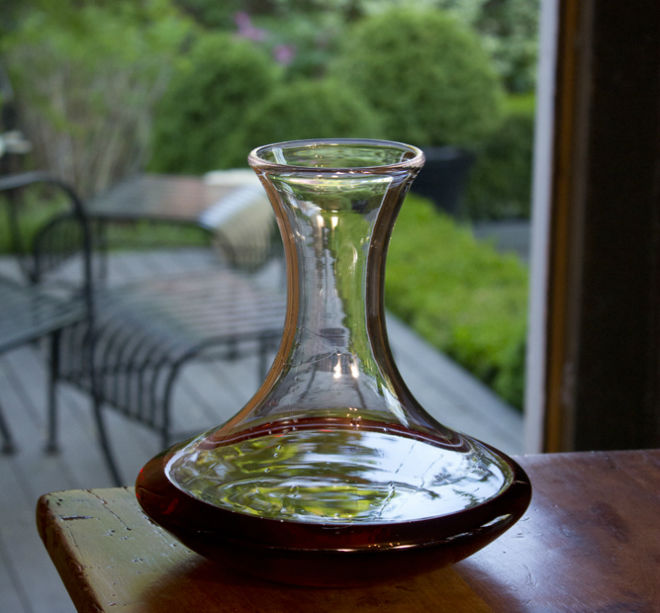
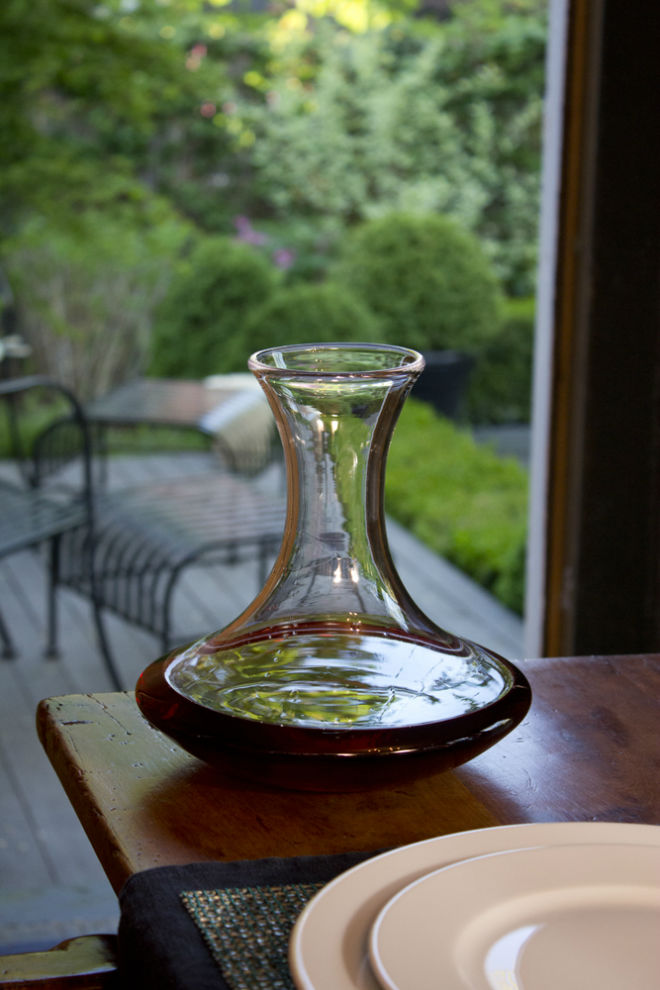

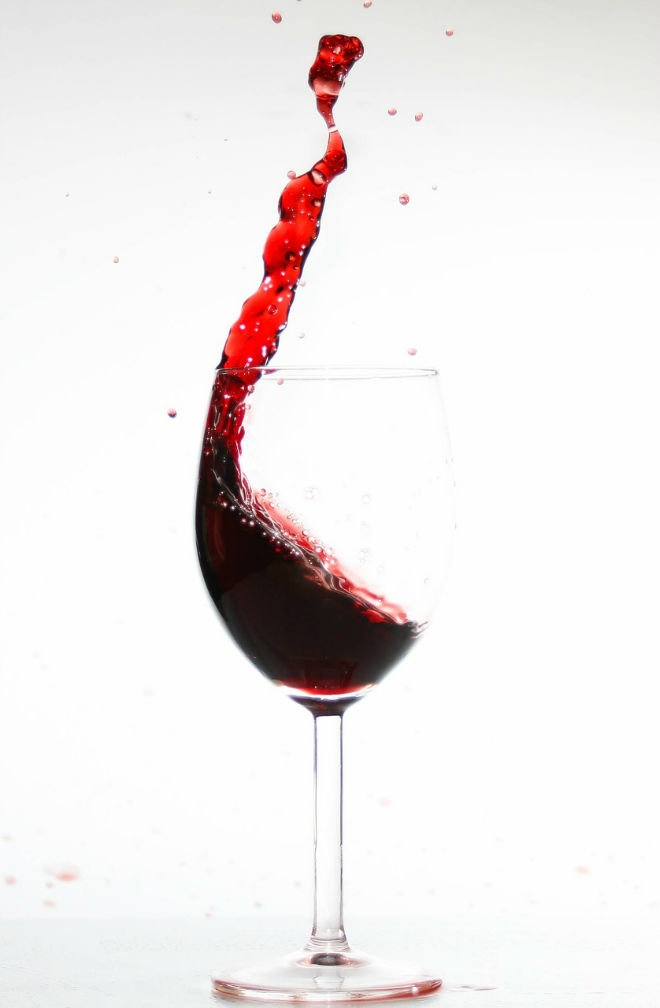
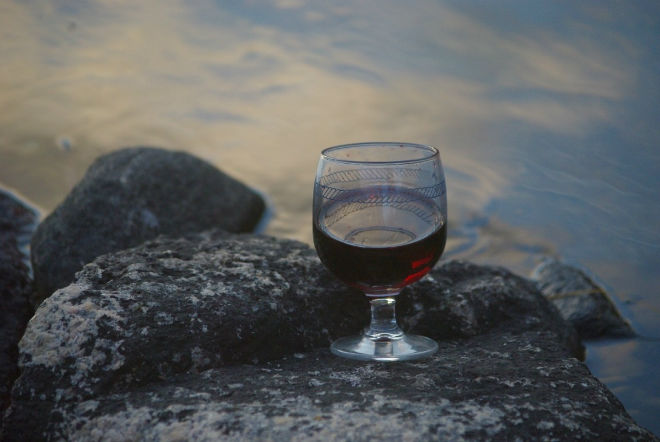


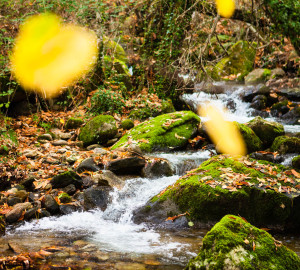







I liked it clear and well explained
Good morning, my question is if decanting the wine lowers the amount of alcohol in it.
Hello Daniel,
Decanting (aerating and tempering) the wine completely changes the organoleptic characteristics of the wine (aromas, flavours, acidity...) and also helps us to avoid serving sediments in the glasses, in cases where these may appear in the bottle.
However, decanting the wine does not change the amount of alcohol in the wine. It is possible that the most powerful and intense wines, after a certain time of aeration, will be more elegant and fine due to the evolution of the wine as it is oxygenated and tempered. But in no case will the alcohol level of the wine have changed.
Best regards!
very good article - I learnt something more about wine - thanks
Very interesting topic on how to decant a wine.
Very good "Other times, they are crystalline formations that are generated when the sugar molecules contained in the wine come together".